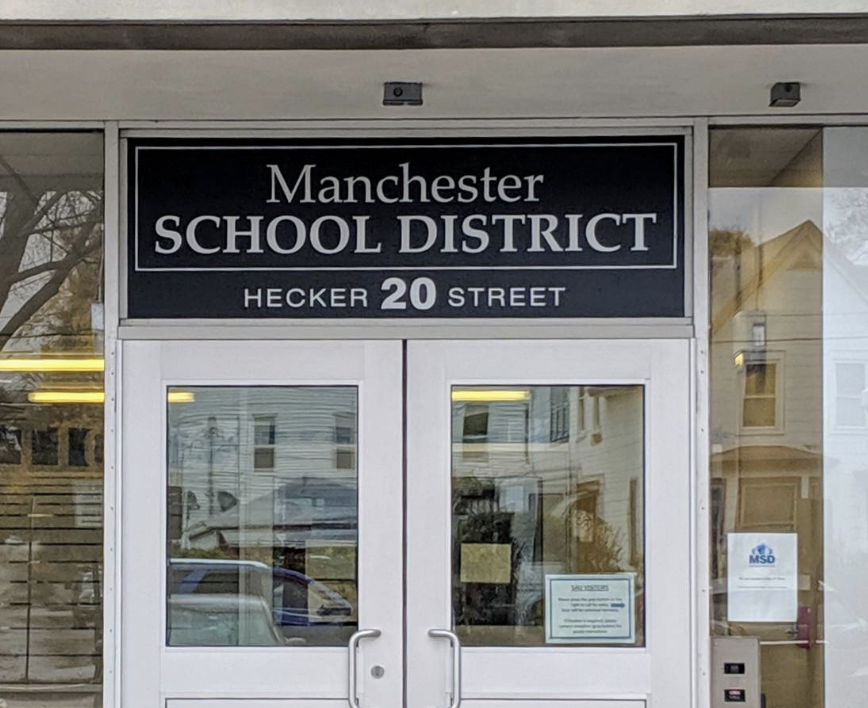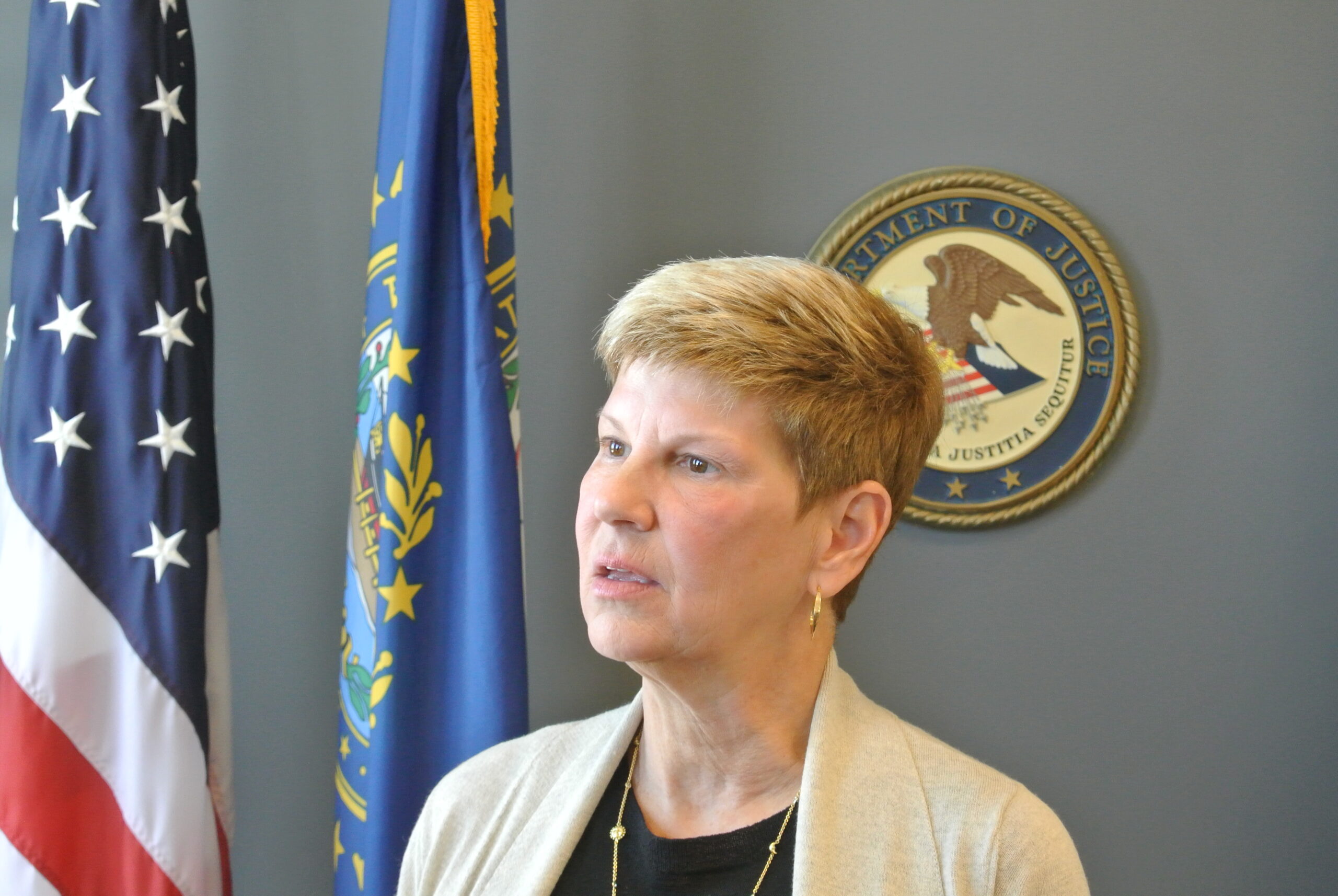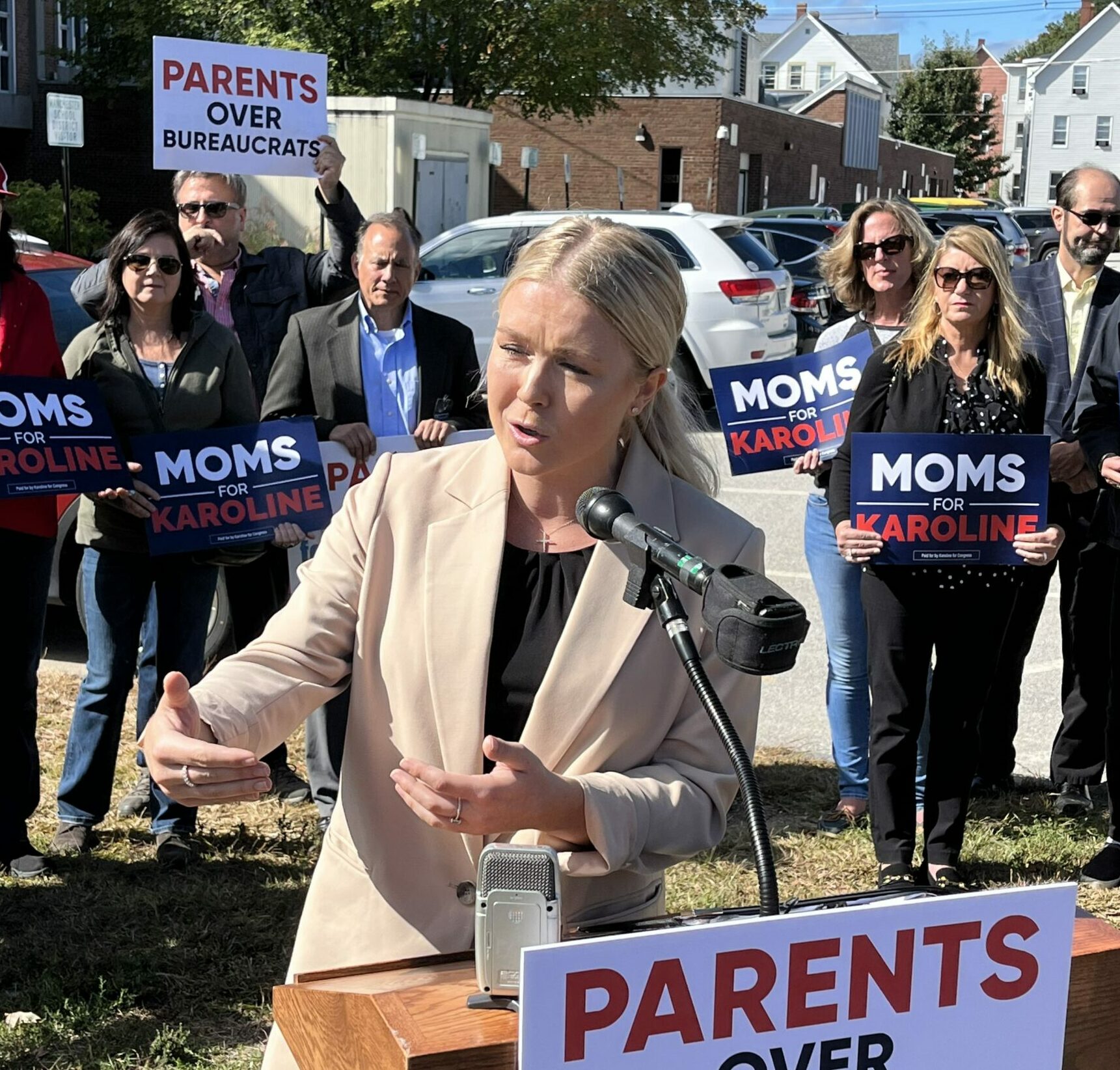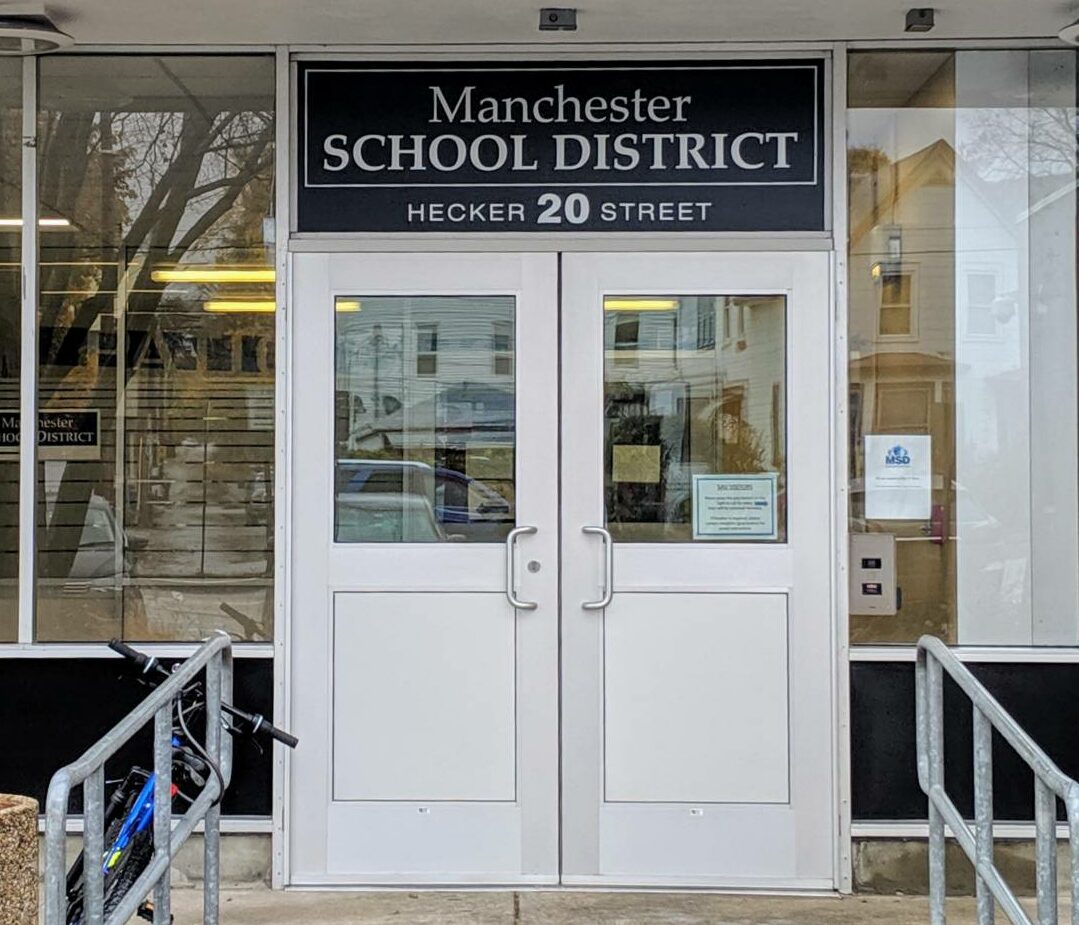Ex-Manchester Teacher Found Guilty in Child-Sex Sting

Jurors found a former Manchester teacher who solicited sex with a child during work hours guilty Thursday on one count of attempted sex trafficking of a minor.
Stacey Lancaster, 46, a Navy veteran and Manchester West High School’s lead NJROTC teacher, was busted last year as part of a federal sting operation nabbing several men. Lancaster was arrested in the parking lot of the Manchester Econo Lodge where he thought he was meeting a child’s pimp.
Lancaster was fired by the school district shortly after his arrest. His trial started this week in the United States District Court in Concord.
Federal agents set up a sting last year, using an online ad to draw out men interested in sex with children, according to court records. Lancaster responded to the ad while at work and engaged in a text conversation with an undercover agent.
Lancaster texted back and forth online with someone offering up two young girls for paid sex. Lancaster was first given the choice of the 12-year-old, but seemed incredulous at the girl’s photo.
“Did you say she’s 12? Are you being serious? That’s really bad if it’s true,” Lancaster texted after seeing the child’s photo, according to court records.
The pimp offered a 14-year-old girl to Lancaster instead, but Lancaster decided to go with the 12-year-old, and agreed to pay $100. He finished up his work at the high school that afternoon, and a short time later went to the Manchester hotel to meet the pimp and the girl, according to court records.
In the hotel parking lot, Lancaster frisked the pimp to make sure there was now hidden police microphone, and then proceeded to close the deal. That’s when agents with Homeland Security Investigations and Manchester Police pounced, taking Lancaster into custody on attempted sex trafficking charges.
Lancaster is the latest New Hampshire school employee recently busted for inappropriate behavior with children.
- A Portsmouth High School assistant track coach is being accused of paying for sex with an underage girl who was actually an undercover officer.
- The superintendent of the Sanborn Regional School District just announced he’s resigning after the arrest of a special education teacher who was allegedly abusing children on his watch.
- A Claremont Middle School teacher was recently arrested for violating a restraining order requiring her to stay away from a 14-year-old boy.
- A former substitute teacher from the Bedford school district was charged with possession of child sex abuse images.
Opponents of GOP-backed parents’ rights legislation currently working its way through the State House argue teachers and school staff should be allowed to have information about students’ behavior regarding sex and gender that is denied to parents. State House Democrats have repeatedly argued adult teachers and students should be allowed to share secrets because parents can’t be trusted with that information. Parents might harm — or even kill — their children if they are allowed to know what teachers do, Democrats say.
Supporters of parents’ rights point to the significant number of cases of criminal behavior by teachers to remind lawmakers that teachers are no more or less trustworthy than parents.
Lancaster will be sentenced at a later date in federal court.


 “Given the current political climate and heightened scrutiny around Diversity, Equity, and Inclusion (DEI) work, we are again reminding all staff to refrain from sharing any training materials, especially presentation slides, surveys, facilitator guides, or discussion content with students or external parties,” Hamady Sy wrote. “These resources were designed strictly for internal staff development purposes.”
“Given the current political climate and heightened scrutiny around Diversity, Equity, and Inclusion (DEI) work, we are again reminding all staff to refrain from sharing any training materials, especially presentation slides, surveys, facilitator guides, or discussion content with students or external parties,” Hamady Sy wrote. “These resources were designed strictly for internal staff development purposes.”








